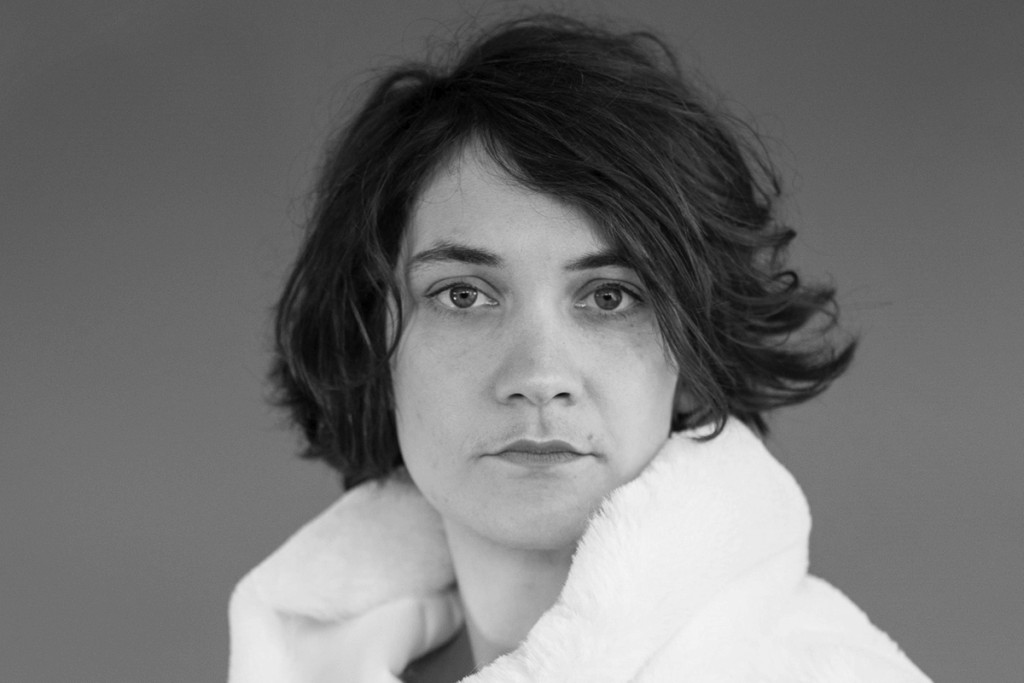artists
Luise Volkmann

Touch, embrace, irritate: Changing people and spaces with music.
There is a great resonance for Luise Volkmann’s art. Not only since her debut album with the collective Été Large was chosen by the German weekly DIE ZEIT as one of the best albums of 2017, the press has been overflowing with positive comments. “Jazz that first twists your brain in knots and then rinses it free”, it said, or, about the first album by her trio Autochrom: “A debut that is as challenging as it is exciting in the best sense of the word.” But it’s not just the energy of the Cologne-based saxophonist, composer, lyricist and arranger that is praised, but also her flair for poetic and narrative structures.
Luise Volkmann describes herself as a “curious mind who loves to find new concepts based on philosophical thoughts”.
Born in Bielefeld in 1992, the artist’s wide-ranging interests have their origins in a free-spirited, arts-influenced household. Here she discovered punk and hardcore, later organizing rock concerts in her East Westphalian home. Luise Volkmann studied saxophone, composition and musicology in Leipzig, Paris and Cologne. In 2020 she was awarded with the Kathrin-Preis / Kathrin Lemke Scholarship for Young Jazz Improvisers. Since 2021 she has been teaching herself at the Hochschule Darmstadt, a mixture of artistic conception and cultural philosophical concepts.
“I never wanted to produce music for the sake of efficiency, but to create powerful formations,” says the altist. Collaboration is important to her: Été Large is a collective of sometimes 13 musicians from six European countries whose second album, »When the Birds Upraise Their Choir«, refers to the sound of the generation of ‘68. In addition, she leads the bands LEONEsauvage and LEONEsurprise with changing lineups and has played in a duo with organist Didier Matry.
Luise Volkmann, who has always emphasized her interest in avant-garde and improvised music, wants to create art “that has the power to touch, to embrace, to irritate, and maybe even to change people and spaces”.
